A bill which was recently proposed by Missouri state representative Ben Baker—a Republican and staunch Trump supporter—seeks to ban libraries from allowing children and teens access to books with "any description or representation" of sexuality.
The bill seeks to create a "parental library review board" which will have to approve any and all books that will be available to children.
The board would have complete power over what books and information children can access, a concept completely counter to one of the main missions of public libraries—free, equal, and confidential access to information.
This "parental library review board" would also have the ability to "order any material deemed to be age-inappropriate sexual material to be removed from public access."
This may seem like a fairly innocuous idea at first, children should probably not have access to pornography, but it quickly becomes clear that sexually explicit material isn't what Baker intended to target once his words about the bill are considered.
Baker stated that the bill was largely a response to libraries holding "Drag Queen Story Time" programs, and his discomfort with those programs.
"The main thing is I want to be able to take my kids to a library and make sure they're in a safe environment, and that they're not gonna be exposed to something that is objectionable material."
“Unfortunately, there are some libraries in the state of Missouri that have done this. And that's a problem."
There has been significant concern from the library community over the bill, which seeks to censor what content certain patrons can access.
Carrie Cline, Director of the Neosho Newton County Library, told KOAM of her colleagues' concerns.
"I was contacted by my fellow directors across the state. They're all very very upset about it. The Missouri Library Association's very aware of it, so also is the American Library Association at a federal level."
She further told KNWA:
"Libraries are very much against censorship in of any kind, we are one of the last institutions left alive where no matter who you are ethnically, religiously, politically you are welcomed at the public library."
“We believe in your right to view, to see anything you want to see, to read whatever you want to read and we're not going to get in the way of that."
“A good public library has something in it to offend everyone, or we're not doing our job."
Baker claims that the bill isn't meant to censor or ban books, as the books deemed inappropriate will still remain in the library, but be inaccessible to children.
"The main thing that I've heard is that I want to ban books or ban content or censor content, and that's not the case. I just think that there's a line between what is open and available access for our children."
"Even the bill specifies it wouldn't be taken out of the library, it would just be put in a section that's not for children."
The $500 fine and/or 1 year jail sentence that could await library staff for lending the "inappropriate" books to minors seems to say otherwise, however.
Libraries who receive state funding will also risk losing those funds if they fail to comply with the law if it is passed.
Some parents who use public libraries with their families, like Samantha Sowa, also disagree with the bill.
"I think that personally, education should be available and if you don't want to read something don't pick it up and read it, everybody should be able to choose what they want to read whether it be against someone else's beliefs because we don't all have the same beliefs."
The bill, which is extremely broadly written, could also be used to prevent children from accessing materials that have any LGBTQ+ content—what constitutes age inappropriate is not specifically defined, and would be up to the review board to determine.
This has garnered significant criticism of the bill on social media.
Kids who are questioning their gender or sexuality, or just seeking more information, often use public library resources because it is a safe and confidential way to do so. Lack of access to these books could mean a whole lot of isolated kids.
The bill also takes some of the power, and responsibility, over what children read away from their own parents.
Because some parents are uncomfortable with their kids having access to certain books, the bill would make it so no minors would have access to those books, instead of it remaining the responsibility of parents to monitor what their young children read.





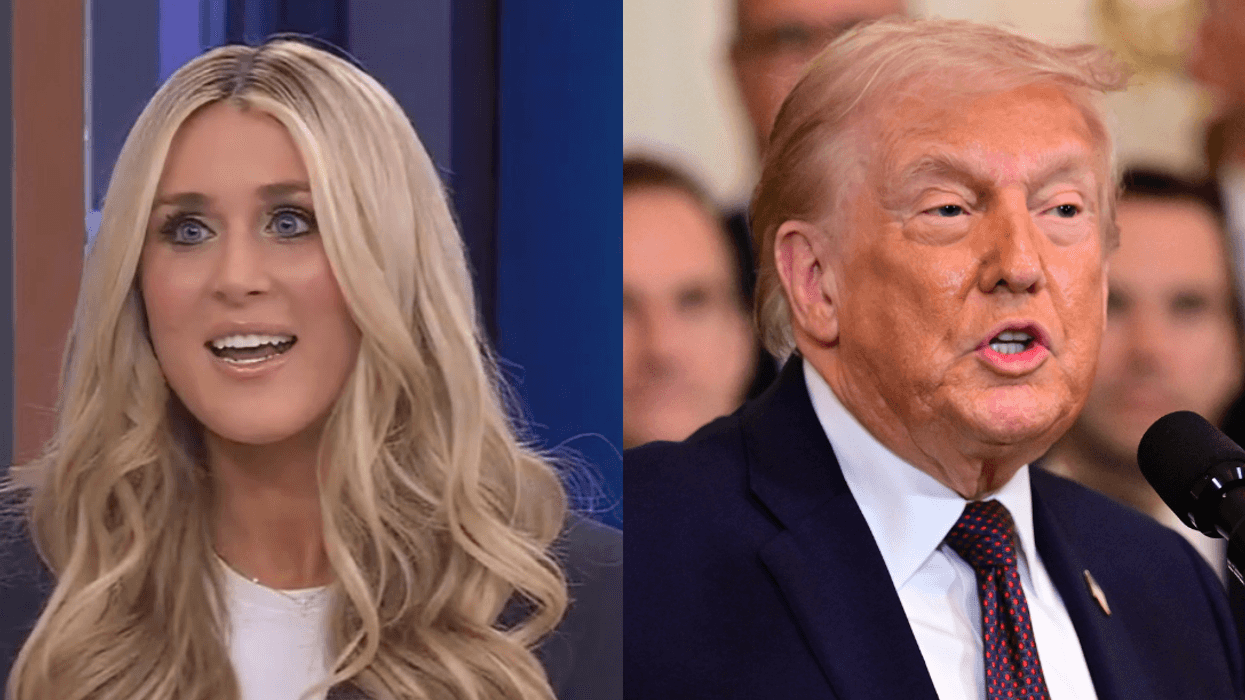
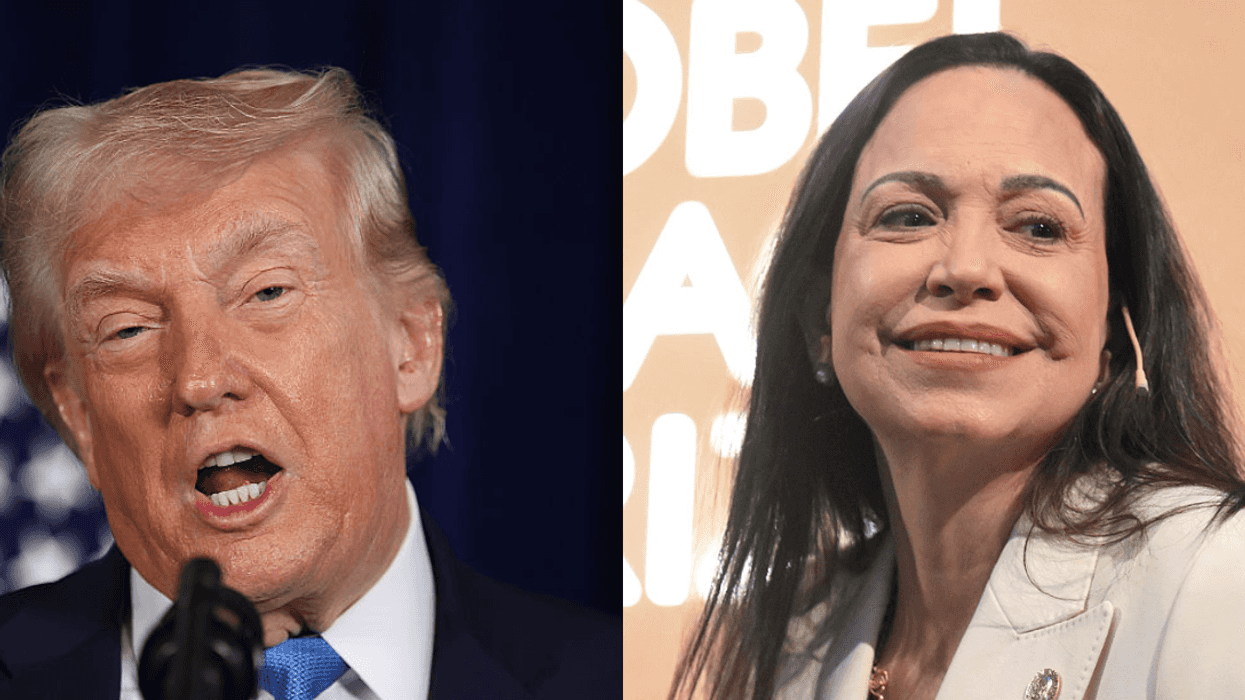
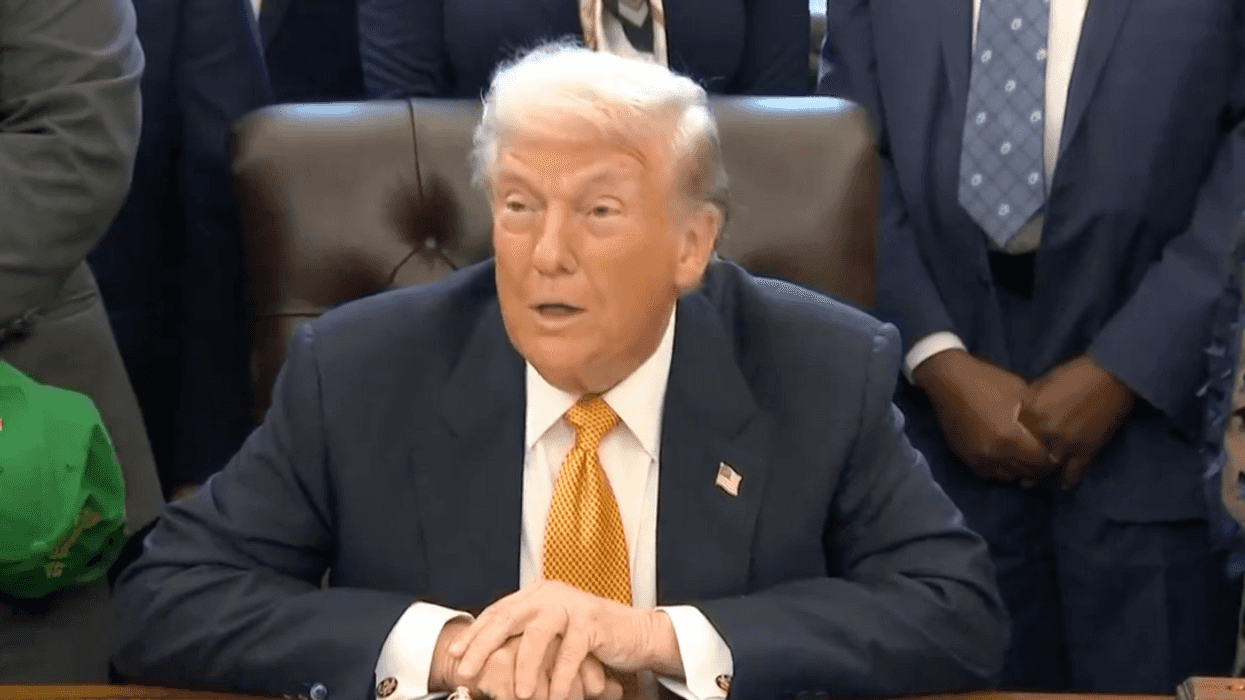
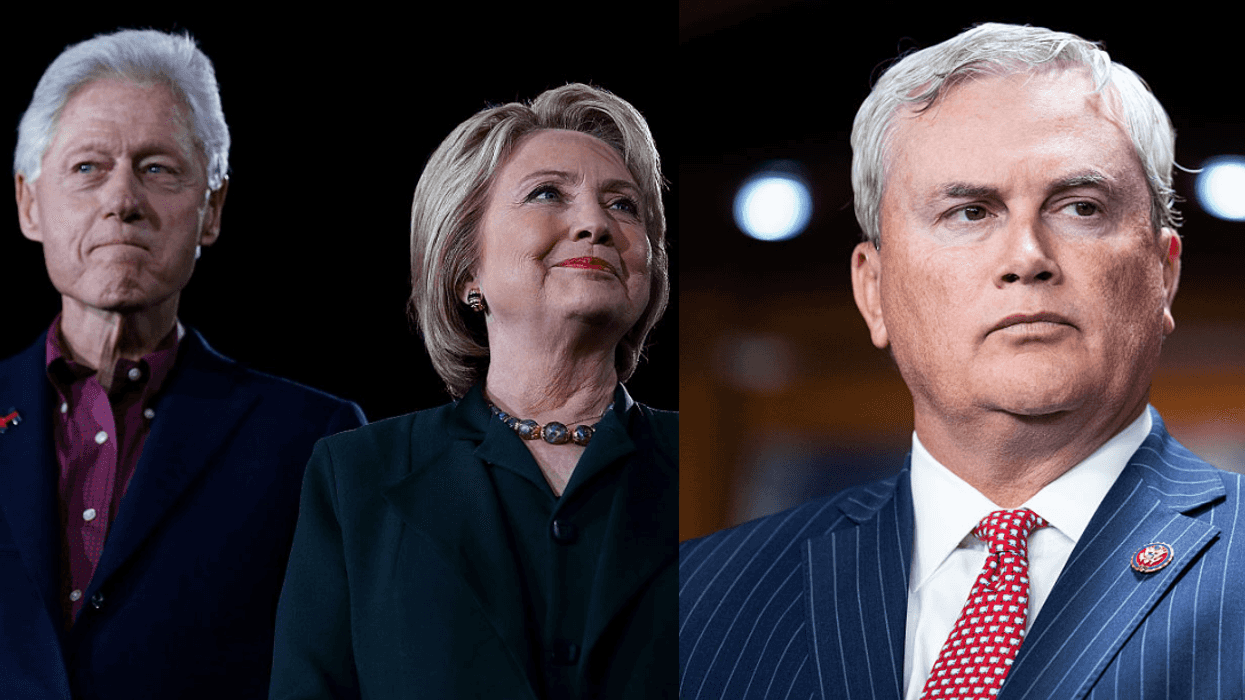


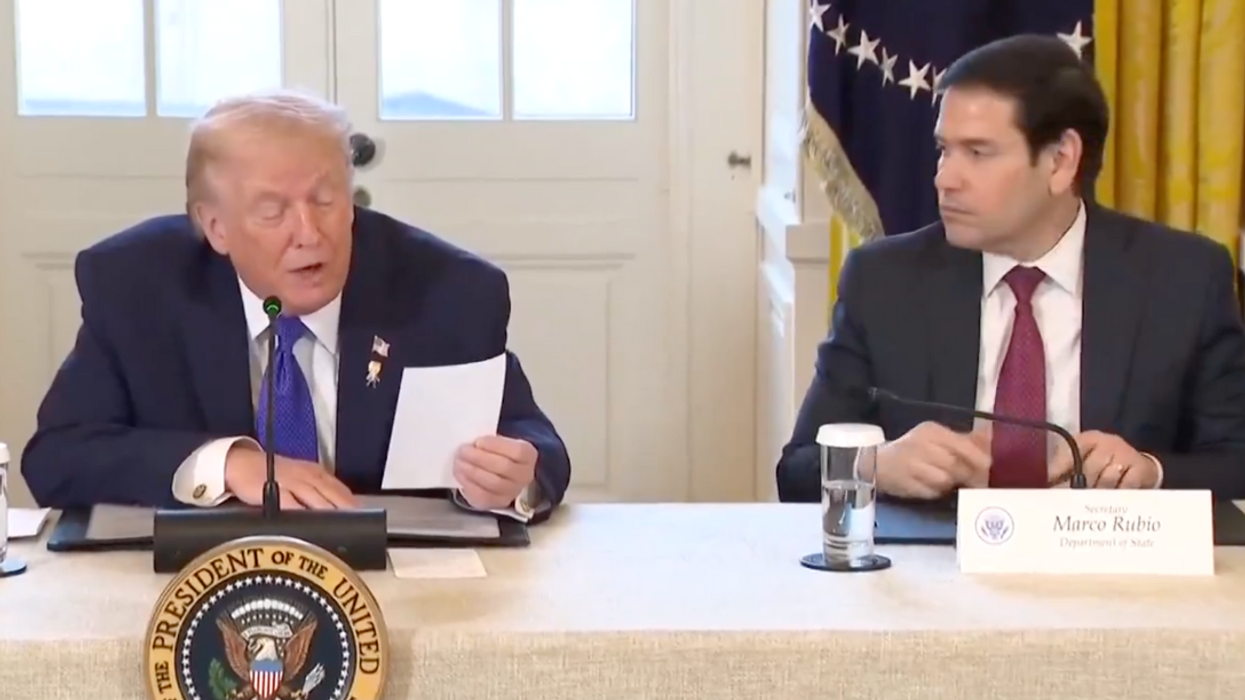

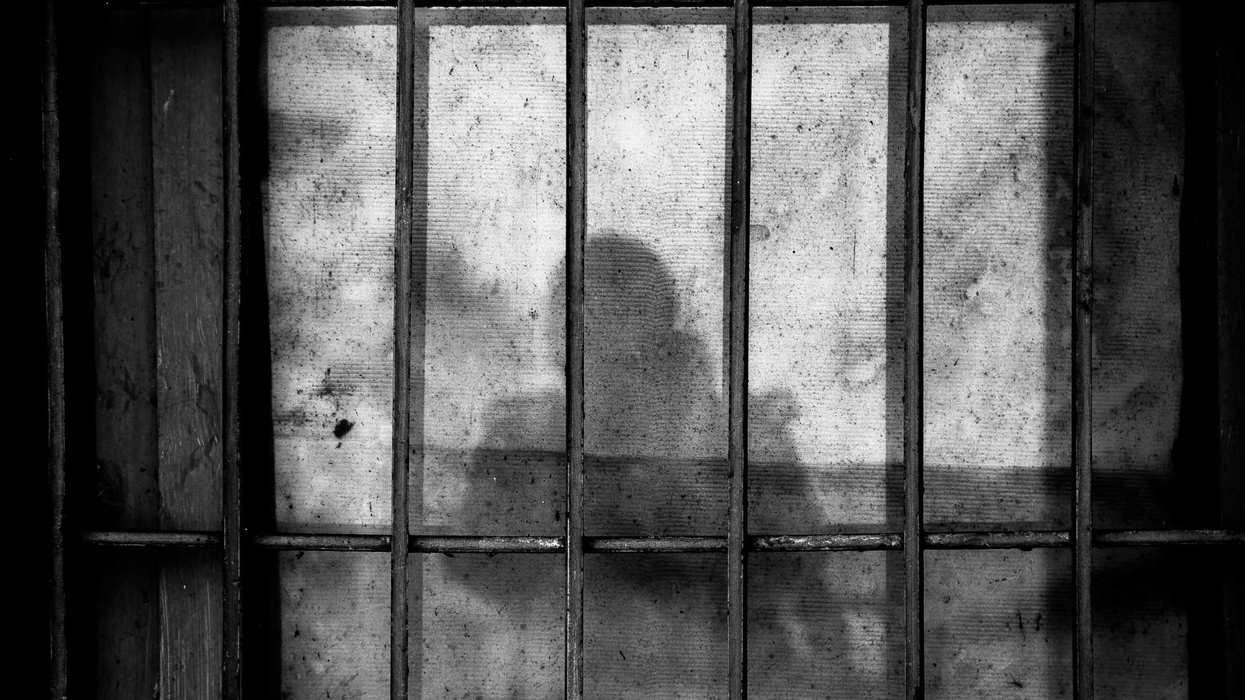
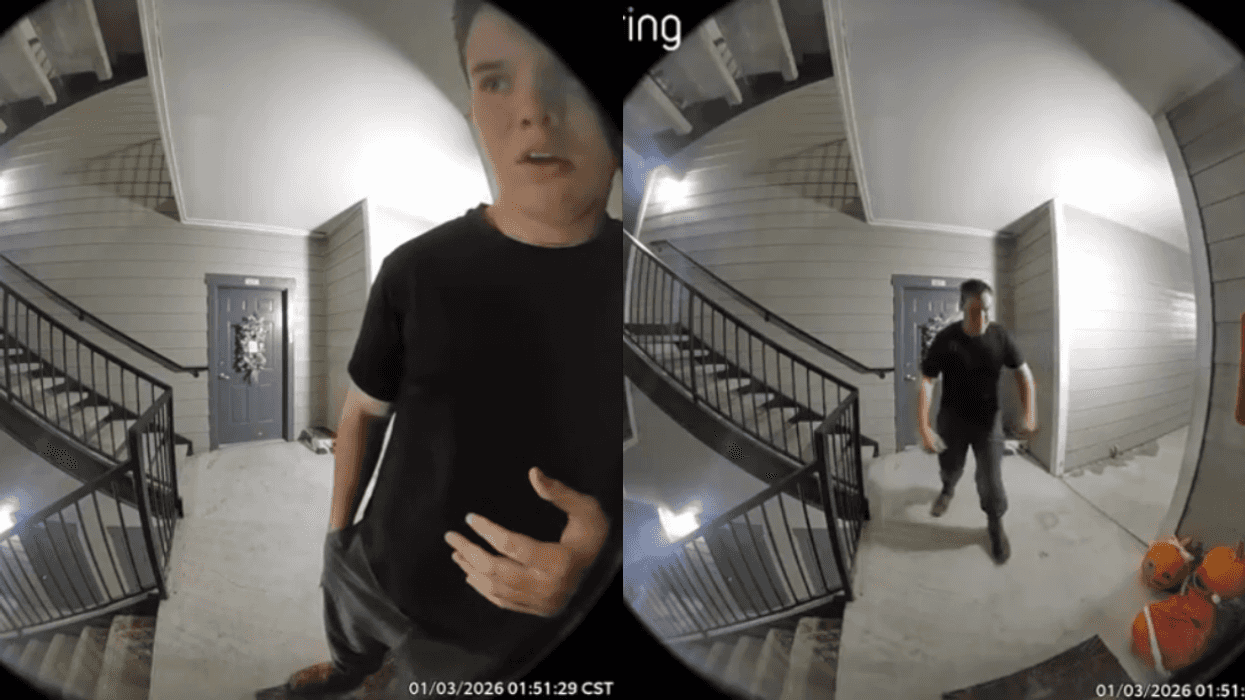
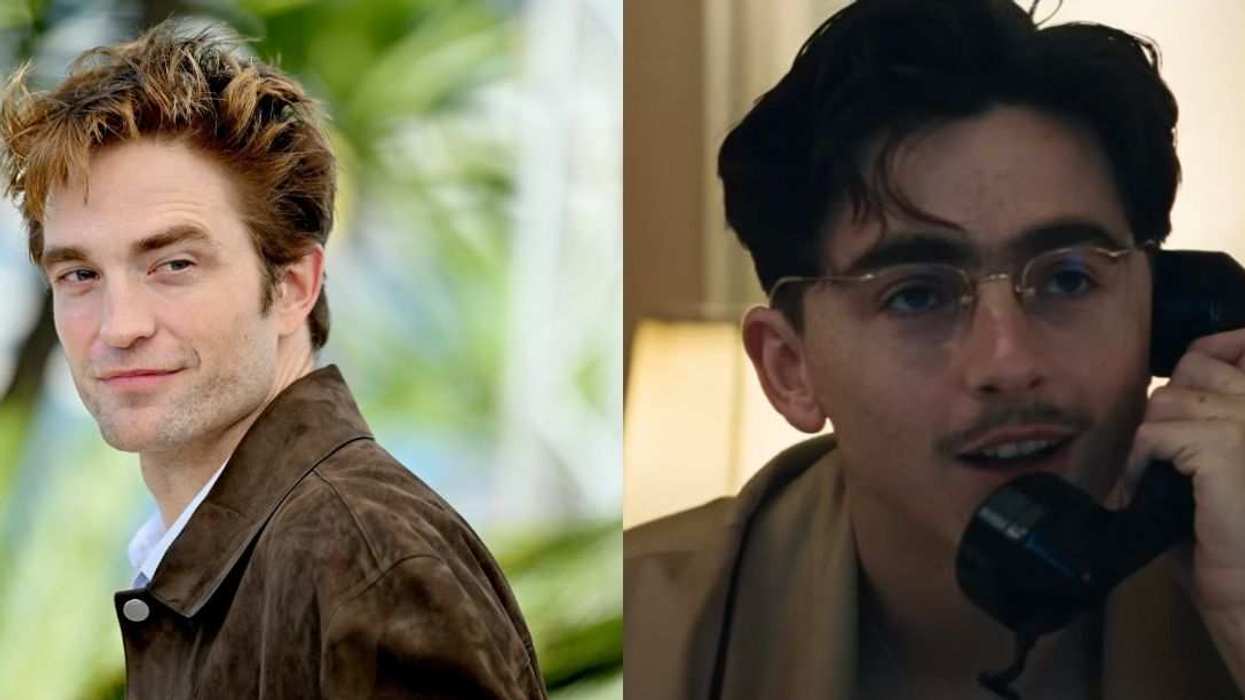

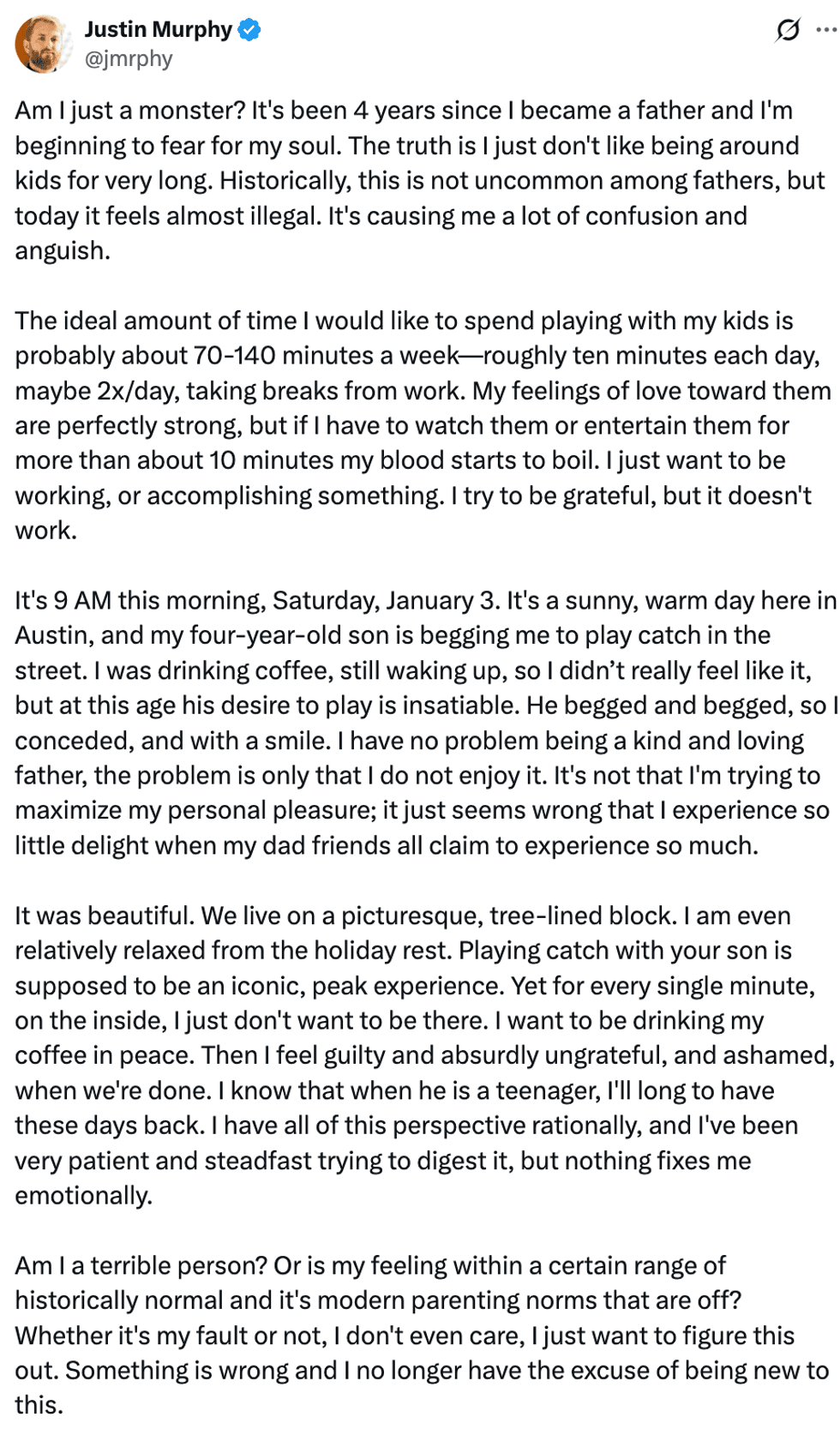 @jmrphy/X
@jmrphy/X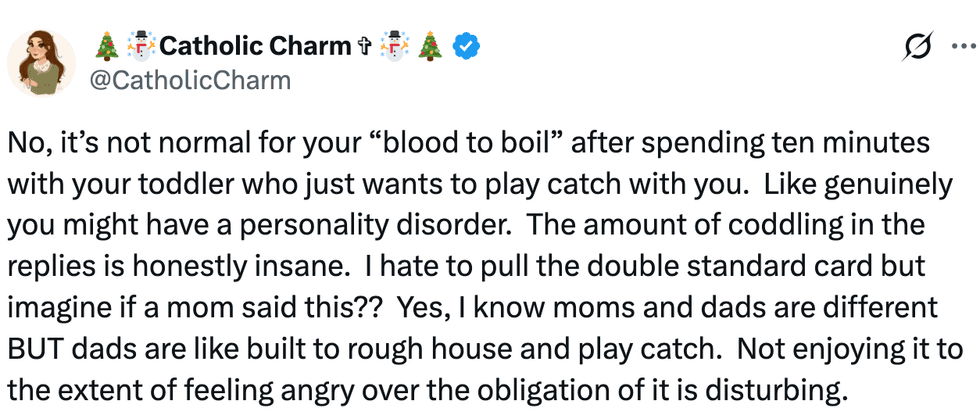 @CatholicCharm/X
@CatholicCharm/X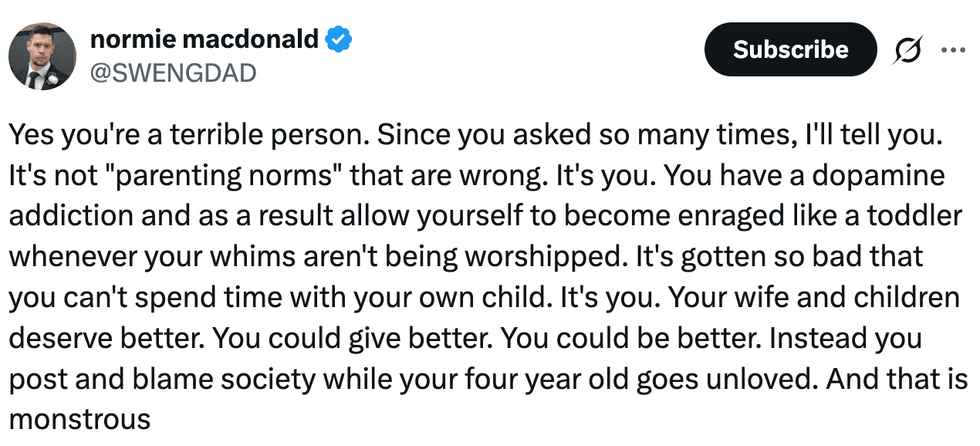 @SWENGDAD/X
@SWENGDAD/X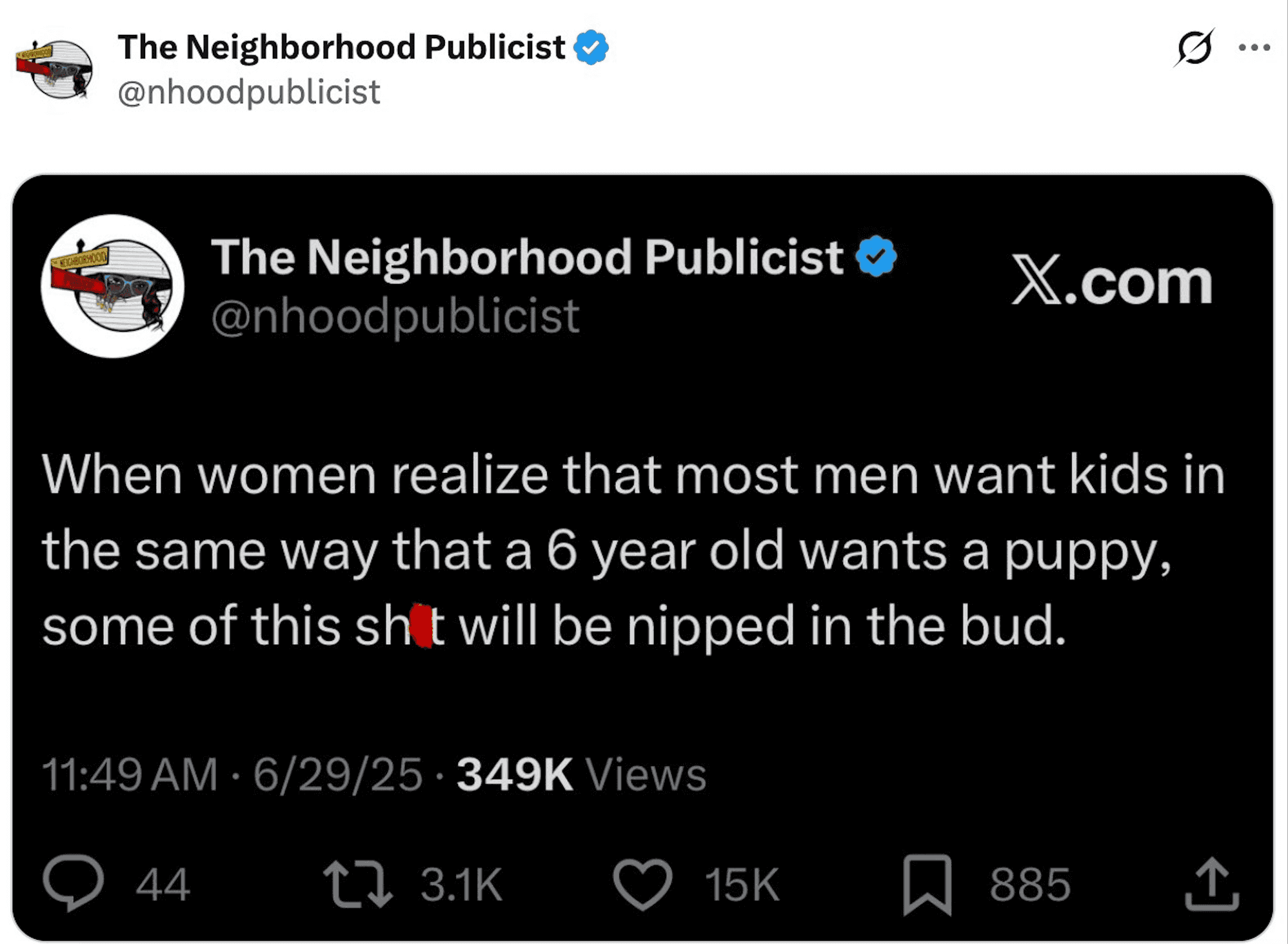 @nhoodpublicist/X
@nhoodpublicist/X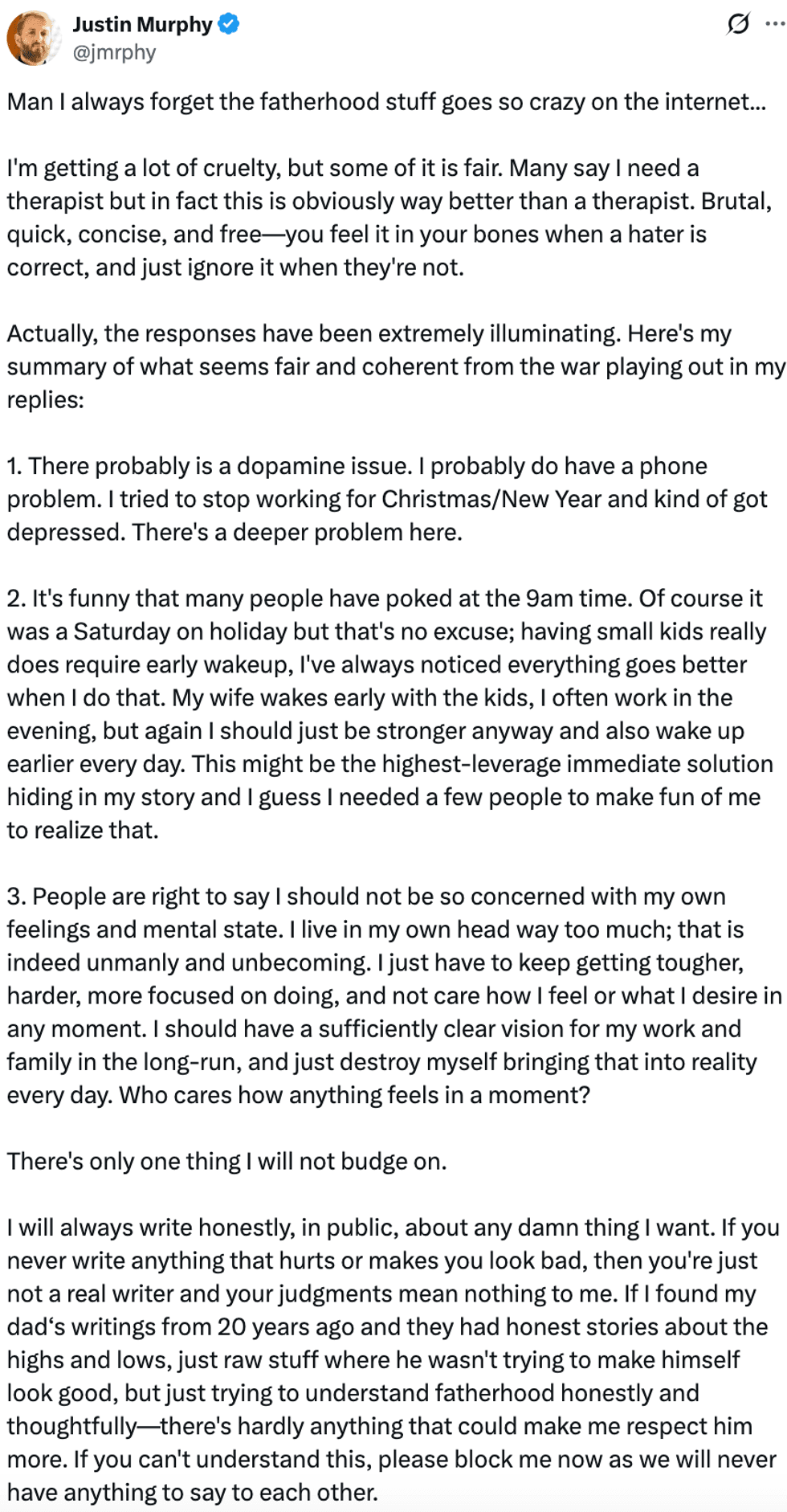 @jmrphy/X
@jmrphy/X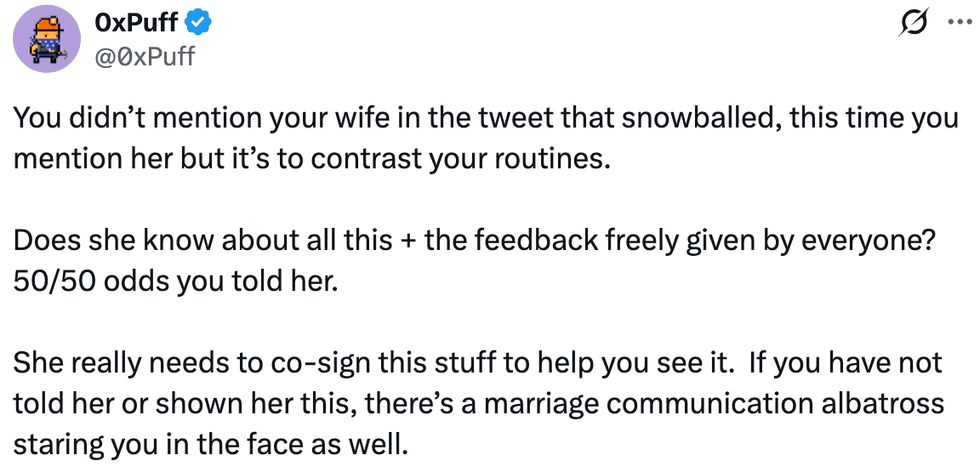 @0xPuff/X
@0xPuff/X